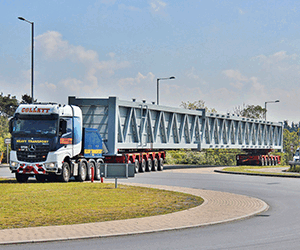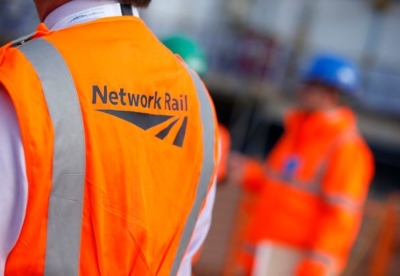But contractors and engineers have proved far more resilient to the hit from Covid-19 than from previous economic upheavals.
Research from accountant EY, suggests that if contractors can maintain contract discipline, Covid-19 could prove could even become the catalyst for tackling the industry long-runing productivity issues.
In the first nine months of this year, construction company profit warnings soared to a record 28, eclipsing the previous record of 19 for both the whole of 2008 and 2012.
Most of these warnings (60%) have come from the building materials subsector, as the impact of Covid-19 travelled through the supply chain, rather than from contractors and engineers as found in previous years.
House builders, who are classed separately under the FTSE Household Goods & Home Construction sector, issued 15 warnings in the first nine months of 2020, compared with three in the whole of 2019.
Ian Marson, construction leader at EY UK & Ireland, said: “There isn’t just one Covid-19 story, with the impact of the pandemic varying across the industry.
“Most major contractors have benefited from being able to work in a modified way in most locations throughout 2020.
“The top tier was also in good health, having previously undergone restructuring and adopted greater contract risk management and pricing discipline.
“But increasing operational costs and lower levels of activity has pushed pressure down the supply chain.
“Building materials firms had an exceptionally tough start to 2020, with the almost total closure of the house building sector leaving suppliers facing the challenge and expense of modifying their operations – just as their most significant market dried up.”
He warned: “While activity has since picked up, suppliers continue to face uncertain demand, their own rising costs, pressure on pricing, and the potential for disruption from Brexit.”
Marson said that pipelines were look healthy now, but the outlook was less certain.
“While, the UK government has publicly prioritised infrastructure spending, competition for this work may also intensify given the likely drop in commercial activity in retail, travel and office space.
“There will be more restructuring, especially in the lower tiers of the supply chain, while contractors must retain their contract discipline and support their supplier ecosystem if they are to maintain resilience.
Marson said there could be a silver lining from the recent operational challenges.
“We also expect to see Covid-19 provide the incentive for increased investment in technology, particularly in worksite monitoring and management.
“Ultimately, this could be the catalyst for solving the industry’s the long-standing productivity challenge.”



















































.gif)




